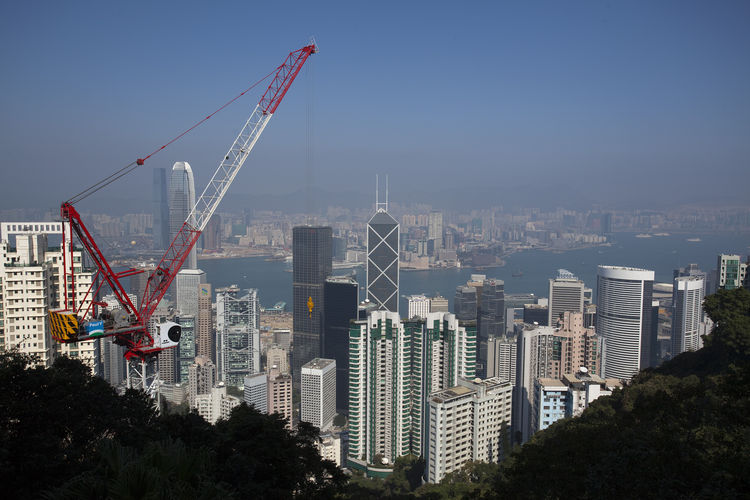- TUC Knocks FG for N24.3tn Debts, Inflation, Others
The outgoing President of the Trade Union Congress, Mr Bobboi Kaigama, has knocked the Federal Government on the country’s debt profile and the increasing rate of inflation in the country.
He expressed these concerns at the opening of the Triennial National Delegates Conference of the union in Abuja on Thursday, according to the News Agency of Nigeria.
He further noted that it became more worrisome as little efforts were being made to solve the issue by those concerned.
Kaigama noted that with the country’s current debt profile still at N24.3tn, efforts must be geared towards ending borrowing and looking inwards for self-sufficiency.
“Our economy is in dire strait, regrettably, those who should manage it are not showing promising signs on how to fix it. Nigeria’s debt profile is over N24.3tn, it was reported recently that the government wants to borrow more.
“Borrowing in itself is not a bad thing, the issue is what you borrow for. Countries borrow for capital projects, and not to pay salaries. If we cannot bequeath wealth to our children, why burden them with debts?’’
He said with the revenue generated by the Federal Inland Revenue Service, NIPOST, NNPC, NIMASA, NAPIMS and the monies recovered by the EFCC and ICPC, Nigeria should not be borrowing.
Kaigama said with the rate of inflation standing between 11.28 and 11.44 per cent for goods and services, there was an adverse effect on purchasing power for citizens, calling on the Central Bank of Nigeria and the Federal Government to ensure the smooth running of the economy.
He said, “Comrades, the current Consumer Price Index also known as the inflation rate for goods and services hovers between 11.28 and 11.44 per cent. This, of course, has had an adverse effect on the purchasing power of the citizens and also leads to bad debt for commercial banks. There is uncertainty in the system.
“We urge the CBN to take drastic action on that to avoid the pain of a double digit inflation rate. In addition, we urge the government to improve our operating environment to ensure the smooth running of the economy
He also decried the secrecy surrounding crude oil refinery in the country, noting that adequate information should be made available to Nigerians on both the internally and externally generated earnings.
The President, Nigeria Labour Congress, Ayuba Wabba, emphasised the need to address the global imbalance in which more people lived below the poverty line, given the growing global wealth.
He called for unity among the organised labour, arguing that it was only through such that workers’ demands could be met.
He said, “The rules cannot be changed through wishful thinking, our leaders must be instigated to promote the rights of Nigerian workers.’’
On his part, the Vice- Chancellor, Nasarawa State University, Prof Suleiman Mohammed, while commending the TUC and its affiliates at promoting the rights of workers, urged them to continue in unity and solidarity.
Delivering a lecture with the theme, ‘Labour and nation-building, the place of labour in national politics’’, he said the role of the organised labour existed to ultimately to make the ruling class do the right thing.
He noted that the political leaders in all tiers of government had continued to use the instrumentality of power to disempowered workers.
He, however, called for more political consciousness to promote workers’ rights.
The don charged them to continue to promote industrial justice and fight for the protection of workers’ interest in all tiers of government.
Human rights lawyer, Femi Falana, who also spoke at the event, called on the organised labour to continue to speak up against corruption in the society, especially issues like the overbloated salary of elected leaders.
He assured them of legal assistance in case of any litigation involving the organised labour, as he had a legal team for that purpose.
He said, “We are happy that labour has achieved the new minimum wage of N30,000 but I must say that it is not enough. I want to see labour protest against corruption, huge salaries of political office holders and their cronies.”

 Forex3 weeks ago
Forex3 weeks ago


 Naira2 weeks ago
Naira2 weeks ago
 Billionaire Watch2 weeks ago
Billionaire Watch2 weeks ago




 Naira2 weeks ago
Naira2 weeks ago




 Naira2 weeks ago
Naira2 weeks ago




 Naira1 week ago
Naira1 week ago




 Naira4 weeks ago
Naira4 weeks ago




 Naira3 weeks ago
Naira3 weeks ago






















